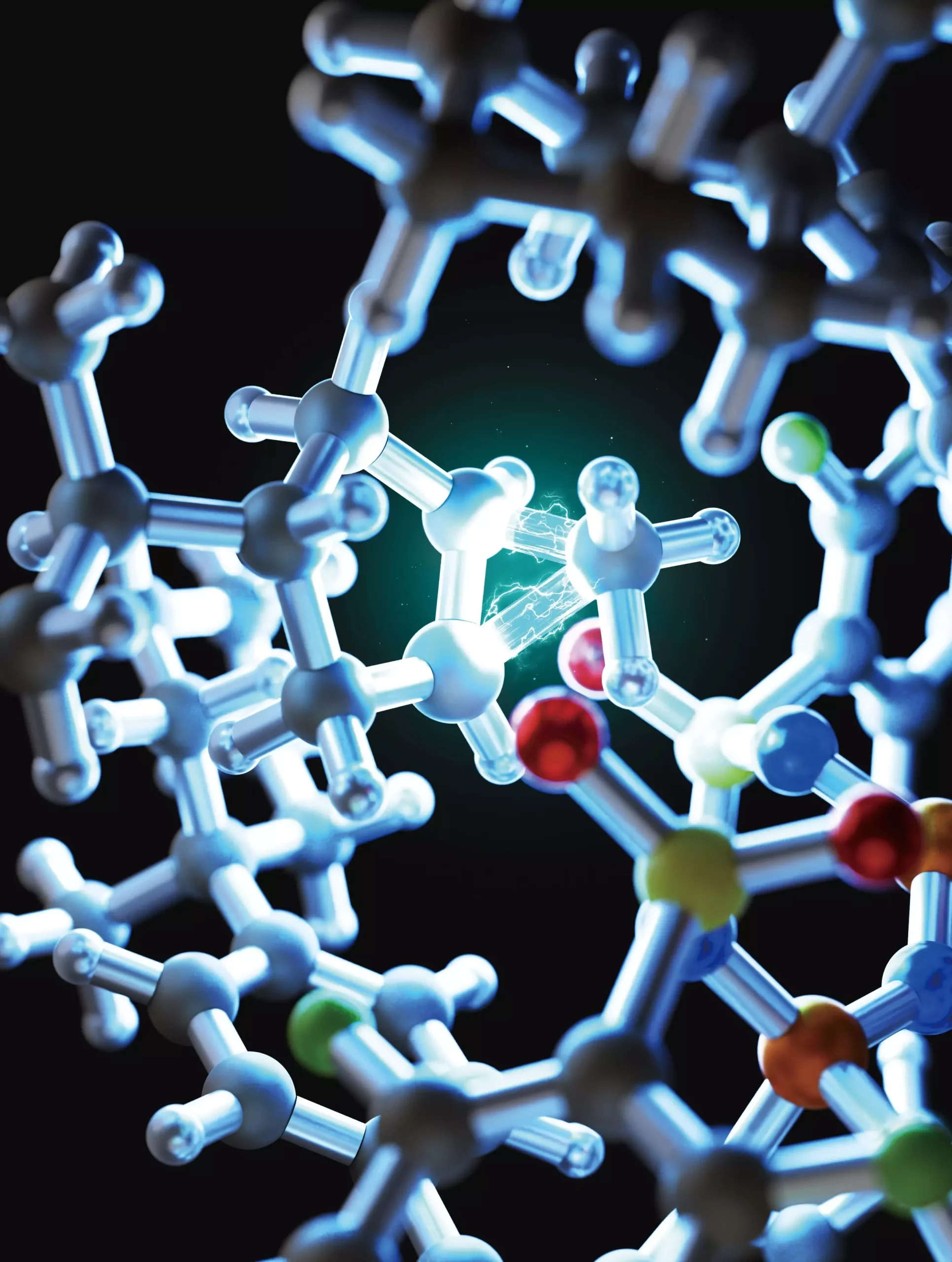The realm of organic chemistry has received a jolt of innovation with a recent breakthrough by researchers at Hokkaido University in Japan. Their pioneering work focuses on a method to efficiently activate alkanes—key compounds that underpin various chemical processes. With the publication of their findings in the esteemed journal *Science*, the implications of this discovery reach far beyond academic curiosity and into the practical realms of medicine and advanced material production.
Alkanes are ubiquitous in both natural and industrial contexts, constituting the primary constituents of fossil fuels and serving as essential building blocks for a myriad of chemical products. From plastics and lubricants to solvents, their presence is felt across countless applications. However, the stability and inertness of alkanes, thanks to their robust carbon-carbon bonds, have long posed a challenge. Chemists have struggled to transform these abundant materials into usable derivatives—a quest that has now taken a significant leap forward.
Historically, the conversion of long-chain alkanes has relied on methods such as cracking—a process that, while effective, results in a chaotic mix of molecular outputs. This lack of selectivity makes it difficult to isolate specific desirable compounds. A critical aspect of this challenge lies in the formation of carbonium ions during reactions. Unlike the more straightforward carbocations primarily discussed in educational contexts, these carbonium ions possess an atypical configuration, bonding to five groups instead of the standard three. This unusual structure leads to heightened reactivity but also introduces complexities in controlling the final products.
A Novel Approach with Cyclopropanes
To address this pressing issue, the research team turned their focus to cyclopropanes—an intriguing subclass of alkanes characterized by their ring structure. The inherent reactivity of cyclopropanes, as compared to their linear counterparts, presents a ripe opportunity for innovative chemical manipulation. The researchers aimed to exploit the unique properties of cyclopropanes to enhance selectivity and efficiency in chemical transformations.
Introducing Imidodiphosphorimidate (IDPi)
At the heart of their breakthrough is the discovery of a specific class of confined chiral Brønsted acids known as imidodiphosphorimidate (IDPi). These acids have a notably strong proton-donating capability, which allows them to facilitate the activation of cyclopropanes. By creating a confined environment for reaction, IDPi not only enhances control over the fragmentation process but also ensures that products are formed with the intended structural characteristics.
An essential advantage of this method is its focus on stereoselectivity—the precise arrangement of atoms in the resulting molecules. Professor Benjamin List, a leading figure in this study, emphasized the importance of this precision, particularly in the pharmaceutical industry where the efficacy of a compound often hinges on its specific molecular structure. This breakthrough allows for the controlled manipulation of cyclopropanes, leading to the generation of alkenes with highly tailored properties.
Optimization Through Structural Refinement
Refining the structural composition of the catalyst has been a critical aspect of the research team’s success. By methodically adjusting certain elements of the catalyst, the researchers were able to achieve improved yields of the desired products while reducing the formation of byproducts. According to Associate Professor Nobuya Tsuji, advanced computational simulations were instrumental in visualizing the interactions between the acid and cyclopropane, providing deeper insights that guided them toward optimal reaction conditions.
A Versatile Tool for Diverse Chemical Applications
This innovative technique does not just stop at cyclopropanes. The researchers demonstrated its efficacy with a broader range of compounds, highlighting its versatility. The implications of this work extend into various domains, including the synthesis of targeted chemicals for pharmaceuticals and cutting-edge materials. By paving new avenues for efficiently transforming common hydrocarbons into valuable products, the research offers a clearer pathway toward sustainable chemical innovation.
The advancements made by the Hokkaido University research team represent a remarkable step forward in organic chemistry. By addressing the long-standing challenges associated with alkane activation, they have opened new frontiers in chemical synthesis that promise to reshape industries reliant on precise molecular design. This groundbreaking method not only enhances efficiency but also paves the way for the development of novel chemicals tailored for diverse applications. As these researchers continue to refine their techniques and explore new compounds, the future of organic chemistry looks increasingly promising.

